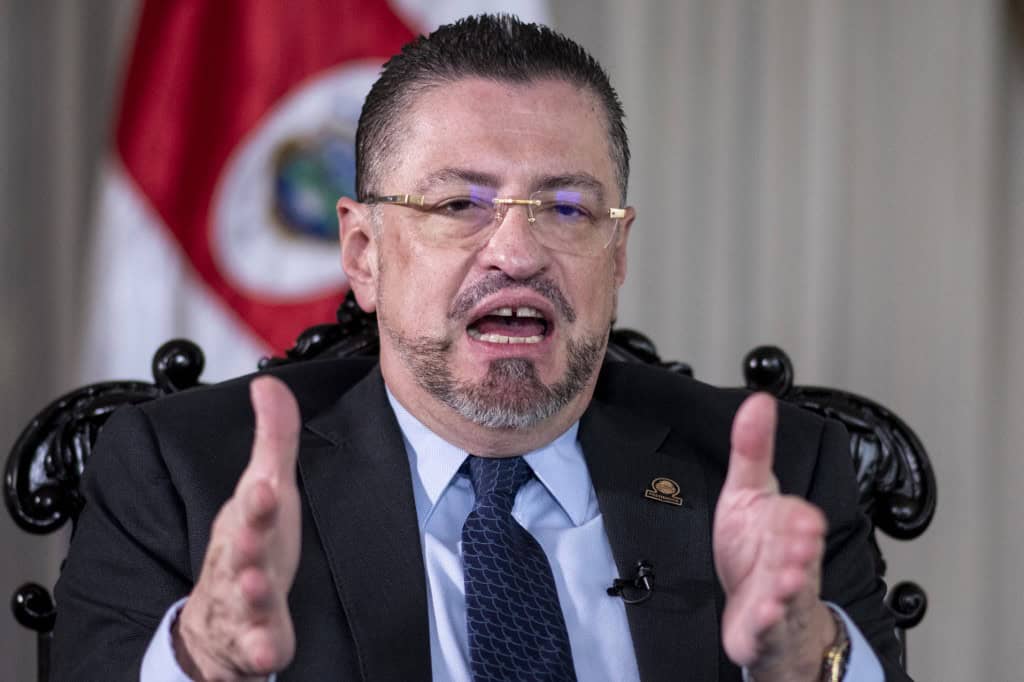President Rodrigo Chaves delivered a speech before the Legislative Assembly and the people of Costa Rica. This is a customary address where the head of government reports on the actions taken during their term.
Chaves began his speech by harshly critizicing past administrations, accusing them of favoring only select segments of the population. He asserted that ‘powerful and corrupt’ groups had siphoned the nation’s wealth, depriving the people of their prosperity. Nonetheless, Chaves affirmed his government’s commitment to change.
The President touted Costa Rica’s achievement of a ‘jaguar economy’—robust and dynamic. He highlighted financial management successes, including a surplus of 1.6%, reduced public debt, decreasing unemployment to 7.8%, and lowered poverty to 21.8%. “While this progress is commendable,” Chaves remarked, “more needs to be done to truly set us on the right path.”
International organizations like the OECD recognized Costa Rica as the fastest-growing economy in Latin America, with Foreign Direct Investment reaching a historic high of $3,921.
However, despite these economic successes, there appears to be a gap between growth and social well-being. Rodrigo Arias, president of the Legislative Assembly, questioned the reduction in social spending during this administration. “Social sustainability is crucial,” he emphasized, “yet fiscal balance alone, without social investment, is perilous.”
Arias highlighted Costa Rica’s dubious distinction as the OECD country with the highest proportion of its population living in poverty and suffering from severe income inequality.
Investment in key areas such as public education, health, security, social housing, among others, has diminished. Even Minister of Finance, Nogui Acosta, admitted there wasn’t enough money to cover all those areas.
Leaving thousands of people without quality basic services is a time bomb. In fact, the country has already seen the effects of leaving certain groups of the population adrift, Limon and Puntarenas serve as the example.
It appears that Costa Rica’s strong macroeconomic performance has not translated into equitable benefits for all. While economic recovery takes time, it is imperative for the government to devise comprehensive public policies that address the social challenges faced by a significant portion of the population.






